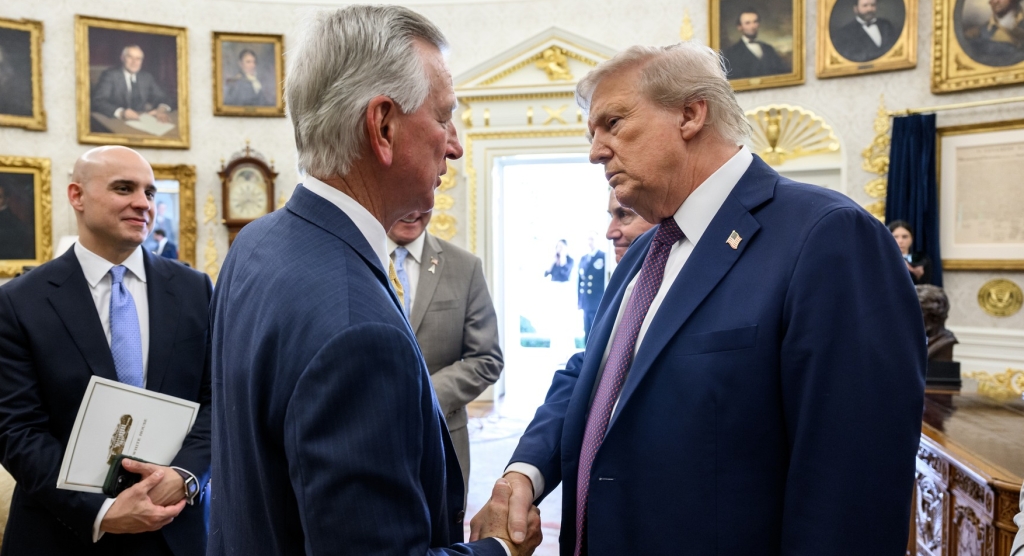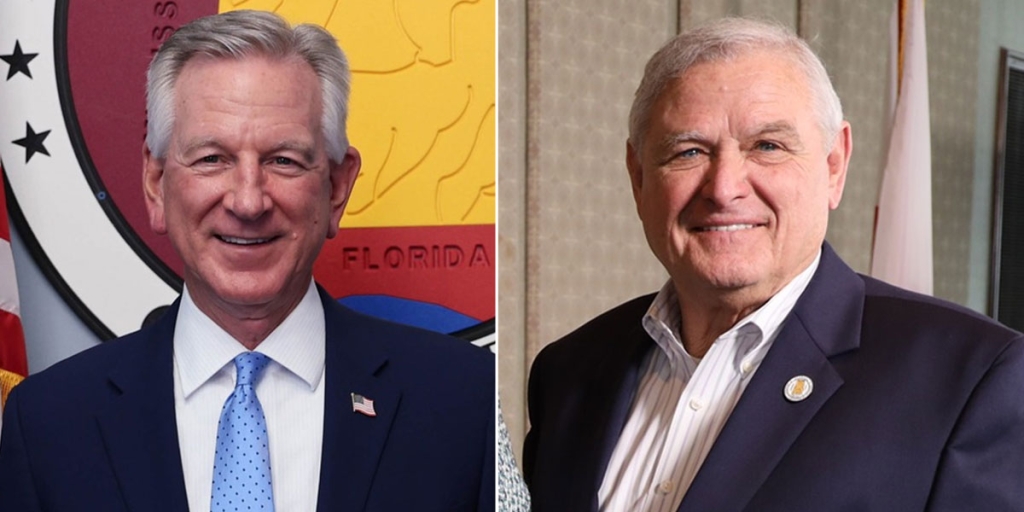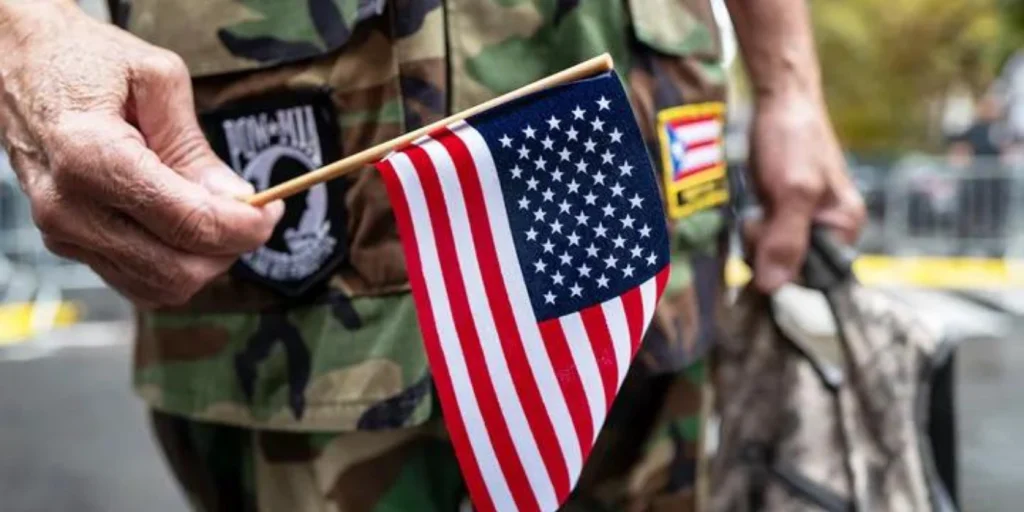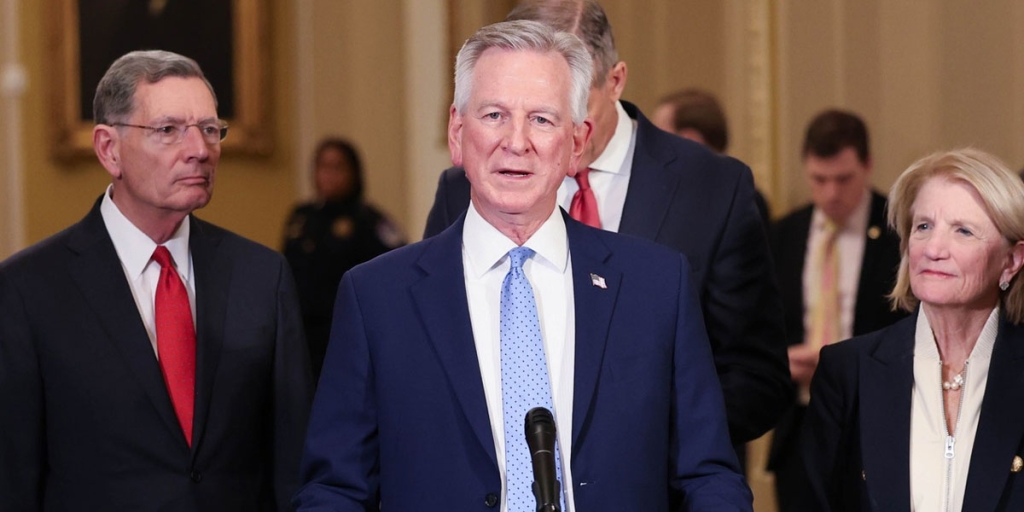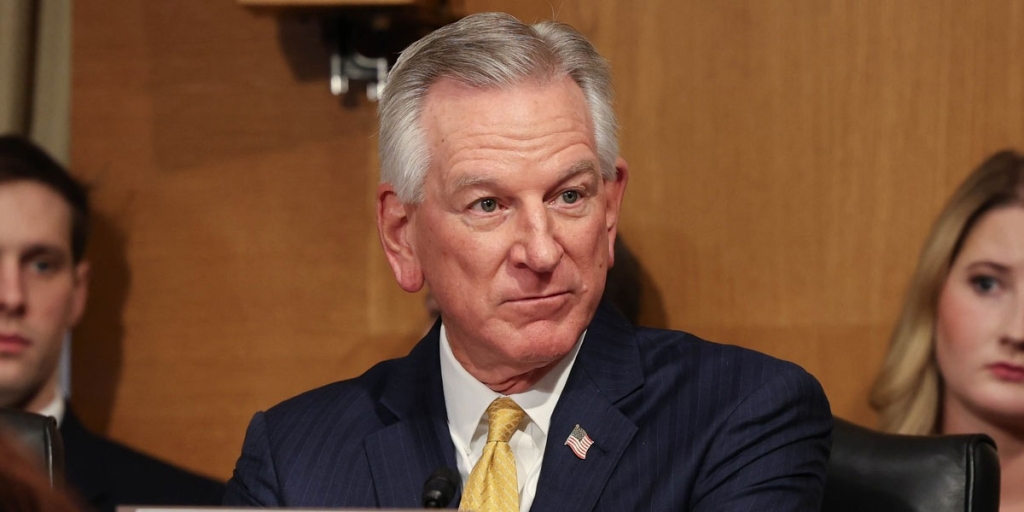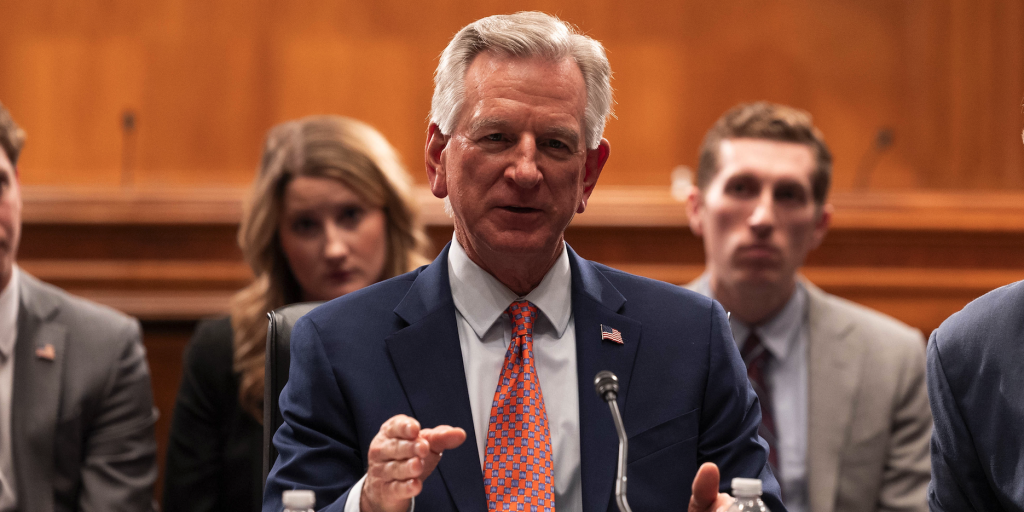It’s August in Alabama—we all know what that means. Football season is upon us. In just a few weeks, some of Alabama’s greatest towns will be full of fans from across the country. As much as we all love a good tailgate, college football is about more than that. For a few hours every Saturday, it doesn’t matter whether you are a Democrat or a Republican—we all come together to root for a team. It’s one of the last remaining institutions in America that brings people together.
Like all collegiate sports, football teaches important life lessons both on and off the field. I used to always teach my players to be as gracious in victory as they are humble in defeat. Sports can be a tremendous tool to instill a strong work ethic, teach a “team” mindset, and help student-athletes achieve the American dream.
But ever since the Supreme Court ruled that student-athletes can make money, college sports have been in a tailspin. I spent 40 years as a coach, an educator, and a mentor, and I fully support student-athletes making money. But there have to be rules—and right now there are almost no national rules for Name, Image, and Likeness (NIL) endorsement contracts.
As a result of the new landscape, college sports have turned into the Wild West. Bidding wars surrounding recruits begin as early as their freshman year in high school. It will soon be impossible for any coach to build or preserve a team, knowing that his best players are likely to enter the transfer portal at the drop of a hat for a better deal. Every player is now a free agent every year. This is at odds with some of the best lessons learned on the field—hard work, loyalty, and team over self. If Congress does not act soon, Saturdays in the fall will be unrecognizable.
That’s why my colleague Sen. Joe Manchin (D-WV) and I introduced the Protecting Athletes, School, and Sports (PASS) Act. Our bill would create a single national standard for NIL contracts and require universities to honor the original scholarship made to a student athlete, regardless of their NIL deal status.
The PASS Act would provide stability for teams by requiring a student-athlete to commit to a university for three years before becoming eligible for the transfer portal. It would also protect student-athletes by ensuring they receive health insurance for sports-related injuries for up to eight years after graduating.
The PASS Act wasn’t just our idea. While drafting it, Sen. Manchin and I consulted with coaches, athletic directors, and educators across the country, including Coach Saban and many other experts from our great state. Unfortunately, Sen. Chuck Schumer (D-NY) has refused to bring it up for a vote. If you are passionate about college football, join me in calling on Sen. Schumer to bring our bipartisan, commonsense bill to the floor before it is too late. Collegiate athletics is one of the last great institutions in this country—I pray it remains so.
U.S. Senator Tommy Tuberville is the senior senator from Alabama and a member of the Senate Armed Services, Agriculture, Veterans Affairs, and the Health, Education, Labor, and Pensions (HELP) committees.






